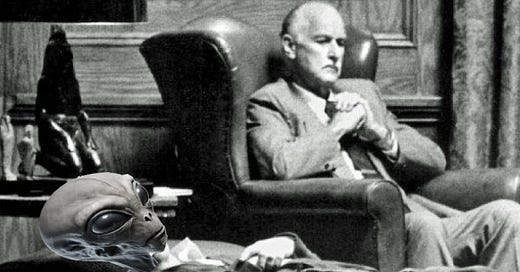“On a scale of one to ten,” the psychiatrist asked me, “how much emotional pain would you say you are in?”
I considered the question carefully. It was our first session, and I’d been having a difficult time finding a therapist I felt comfortable with. I didn’t want to get off on the wrong foot.
“On a scale of one to ten?” I asked.
“Yes.”
I thought about it …
Keep reading with a 7-day free trial
Subscribe to Shalom Auslander's Fetal Position to keep reading this post and get 7 days of free access to the full post archives.





